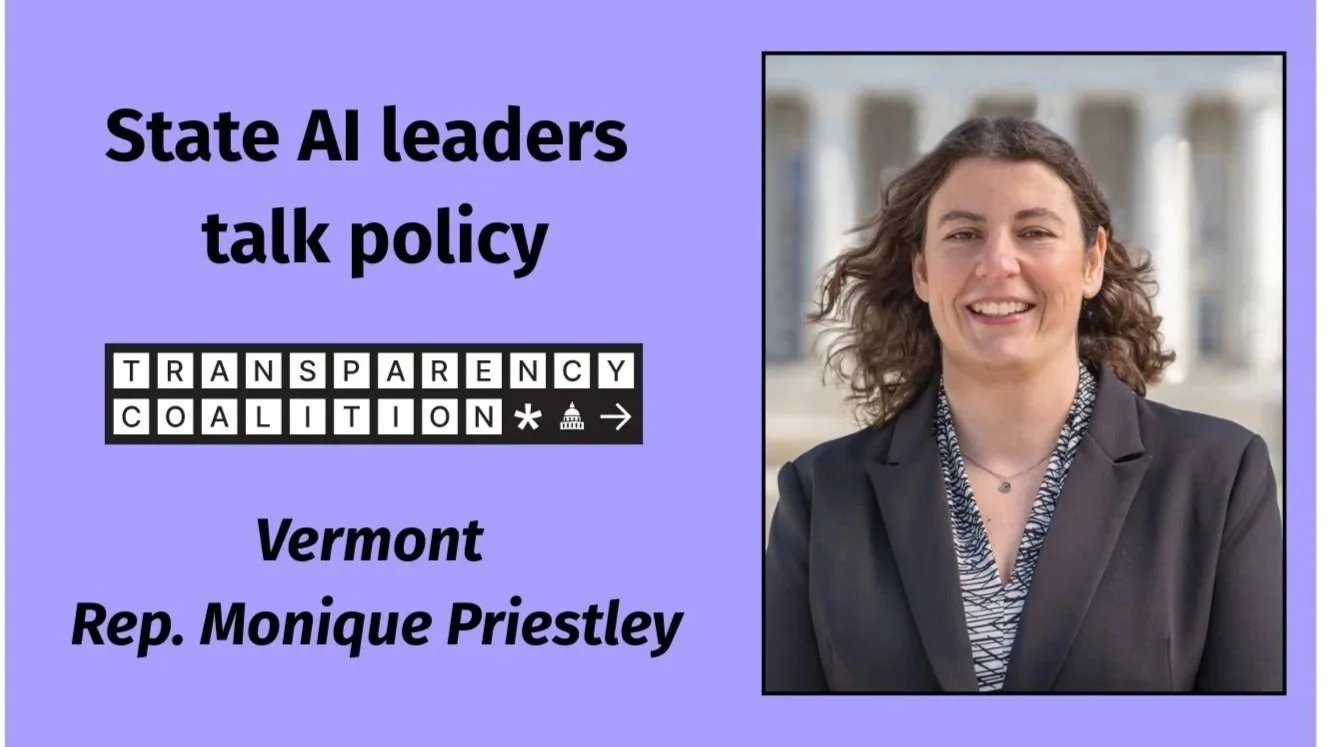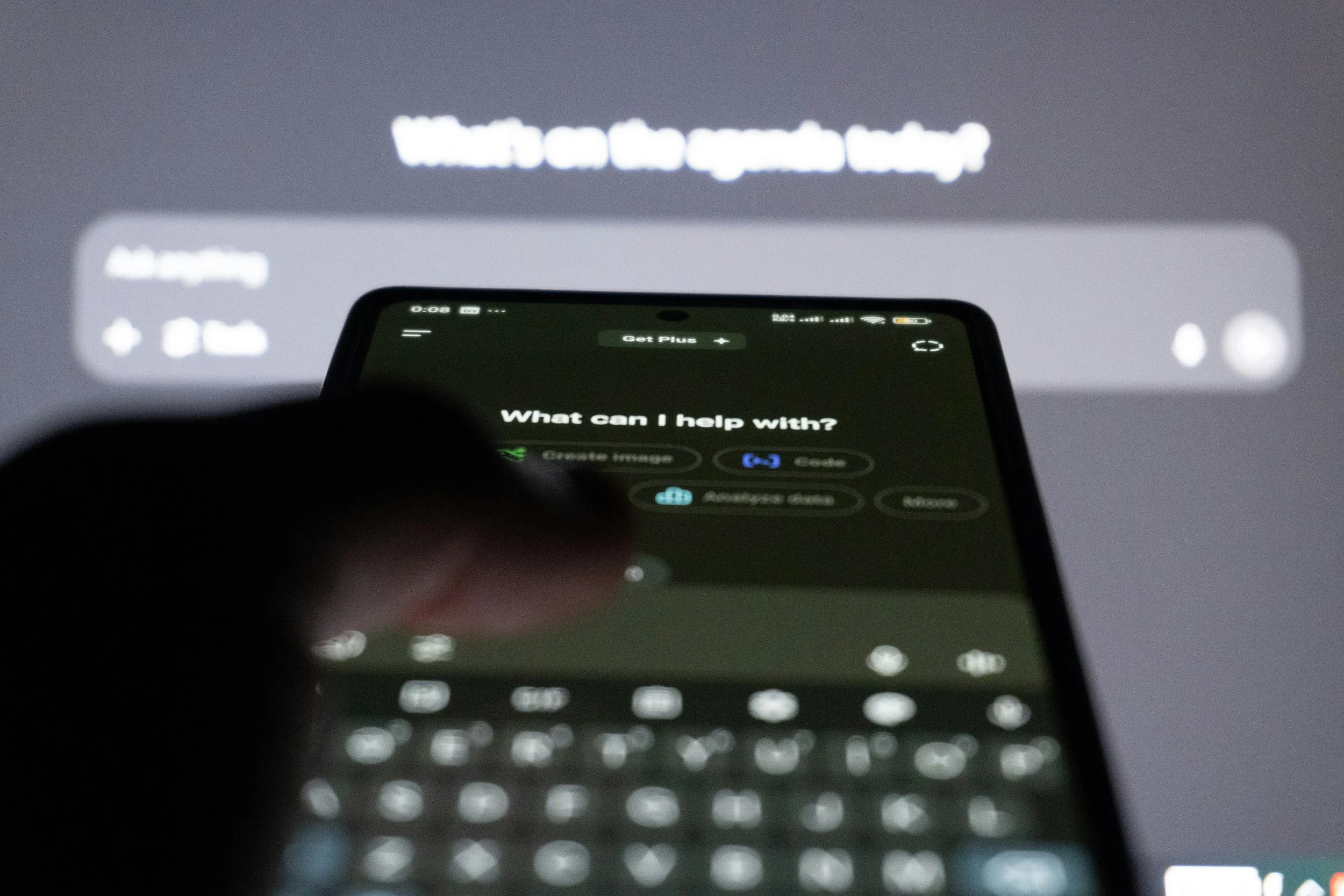Future Caucus launches new AI policy task force to empower young state lawmakers
July 24, 2025 — A Washington, D.C.-based nonprofit launched a new task force on state AI policy this week with the mission of providing Gen Z and Millennial state lawmakers with the tools to lead the nation’s response to artificial intelligence.
The nonpartisan group, Future Caucus, appointed two co-chairs to lead the task force: Vermont Rep. Monique Priestley, a Democrat, and Utah Rep. Doug Fiefia, a Republican.
Future Caucus focuses on nonpartisan approaches to various issues, including criminal justice reform, the environment, and health care. The group is now accepting applications from other state lawmakers to fill out the task force.
The nonprofit was originally founded as Millennial Action Project in 2013, and rebranded as Future Caucus in 2023.
The group’s goal is to build a politically diverse coalition of state legislators that can work to draft AI policy that will lead to a safe, responsible approach to regulation while avoiding the typical partisan gridlock.
Rep. Monique Priestley, left, a Vermont Democrat, joins Rep. Doug Fiefia, a Utah Republican, to lead the new Future Caucus Task Force on State AI Policy.
An AI Brain trust for young lawmakers
With AI technology developing rapidly, the task force is designed as a “brain trust” to accelerate the process for state legislatures to take on AI policy. State lawmakers will be able to use the task force to connect with expert voices on AI in industry, academia, and beyond.
Priestly is a leading voice on AI issues in the Vermont legislature and serves on the National Conference of State Legislatures (NCSL) Task Force on Artificial Intelligence, Cybersecurity and Privacy. She was a leading co-sponsor of the ‘Kids Code’ bill that was approved by the Vermont legislature and signed into law last month by Gov. Phil Scott.
“We’re building the kind of space where lawmakers can get informed and generate solutions to the tech policies impacting their constituents,” she said in a media release. “This is about translating AI into real-world governance with clarity, creativity and collaboration.”
in the works: bipartisan state ai policy guide
The task force will also host public hearings and confidential briefings. The group is also expected to produce a first-of-its-kind Bipartisan State AI Policy Memo to guide state lawmakers across the country.
“This is a defining moment,” said Fiefia, who previously worked at Google and authored Utah’s social media data control law. “We can’t afford to let AI policy be divided by party or decided by default. As younger lawmakers, we have a unique opportunity to lead with balance and foresight.”
Fiefa just wrapped up his first session as a state legislator, where he successfully passed HB418. That bill directs tech and social media companies to embrace interoperability — a first-of-its-kind measure that allows social media users to have greater control over their own data, while requiring companies to allow for increased data-sharing across different platforms.






